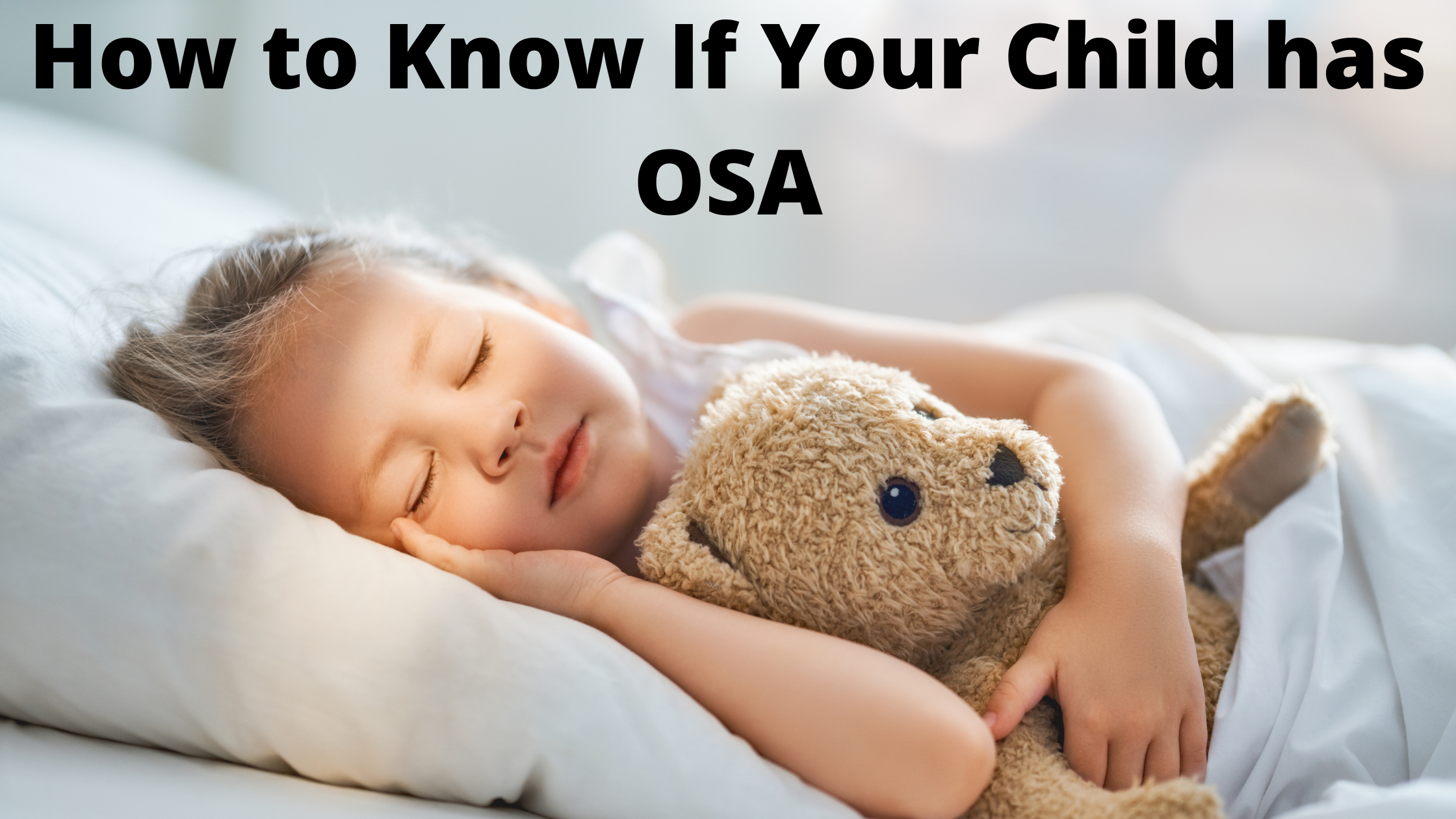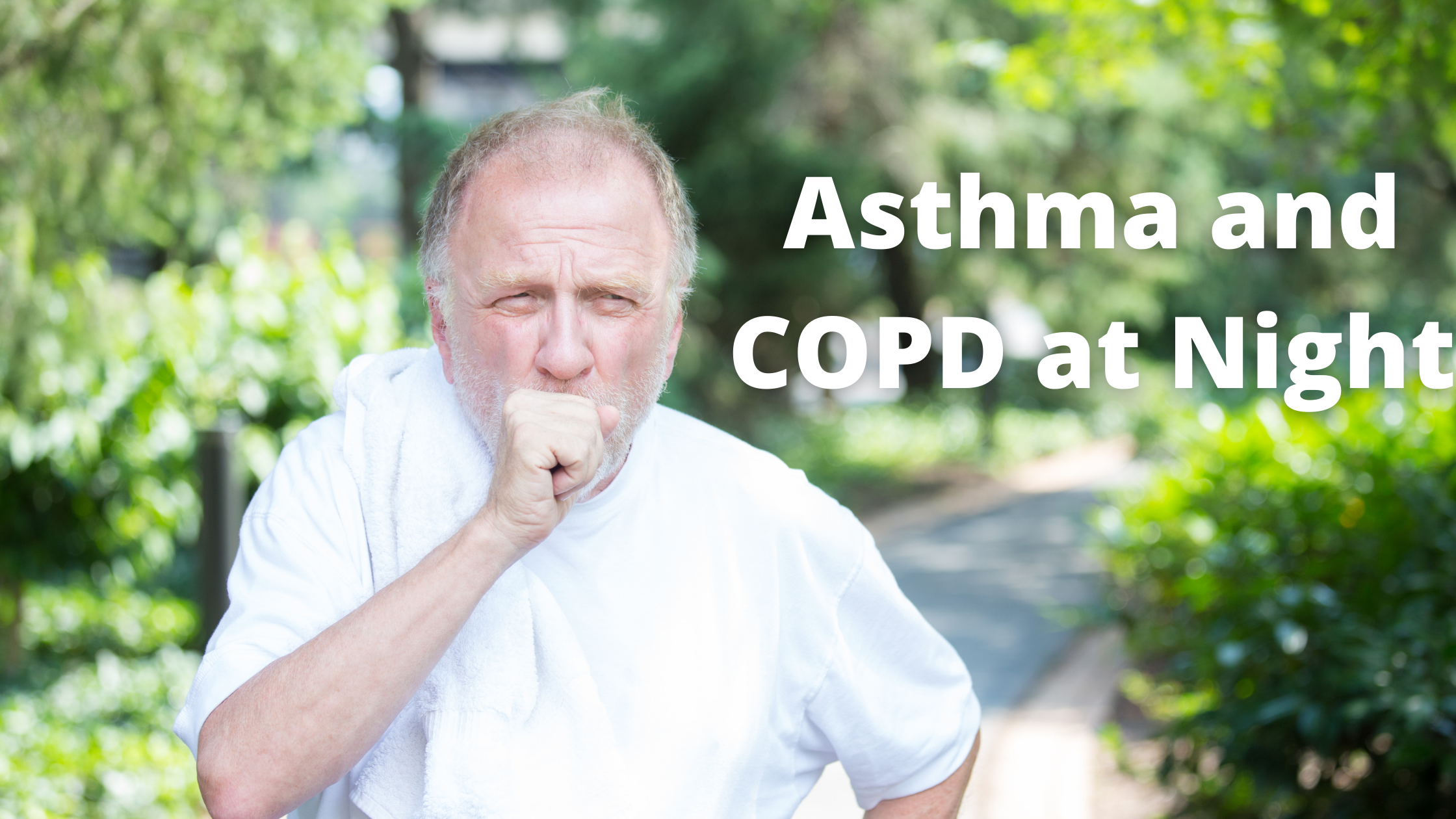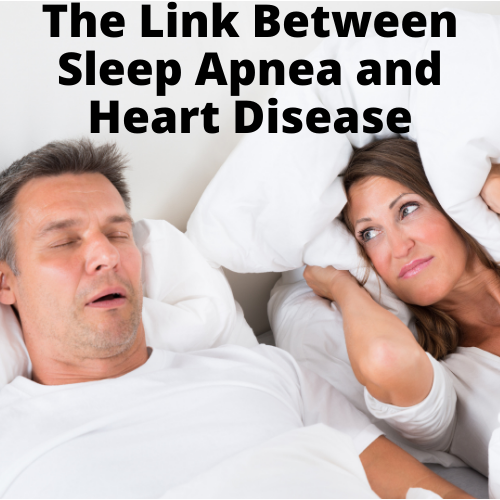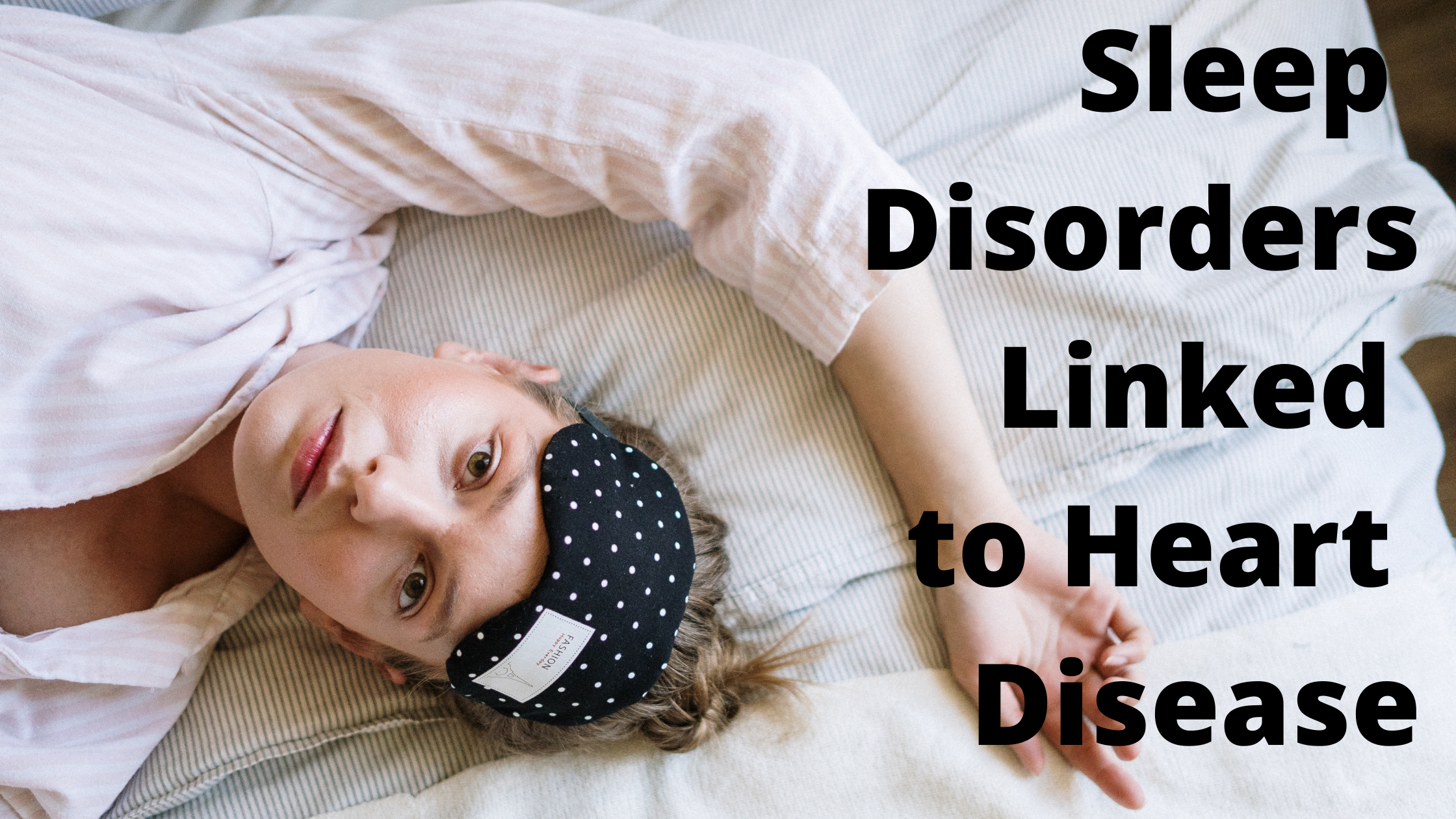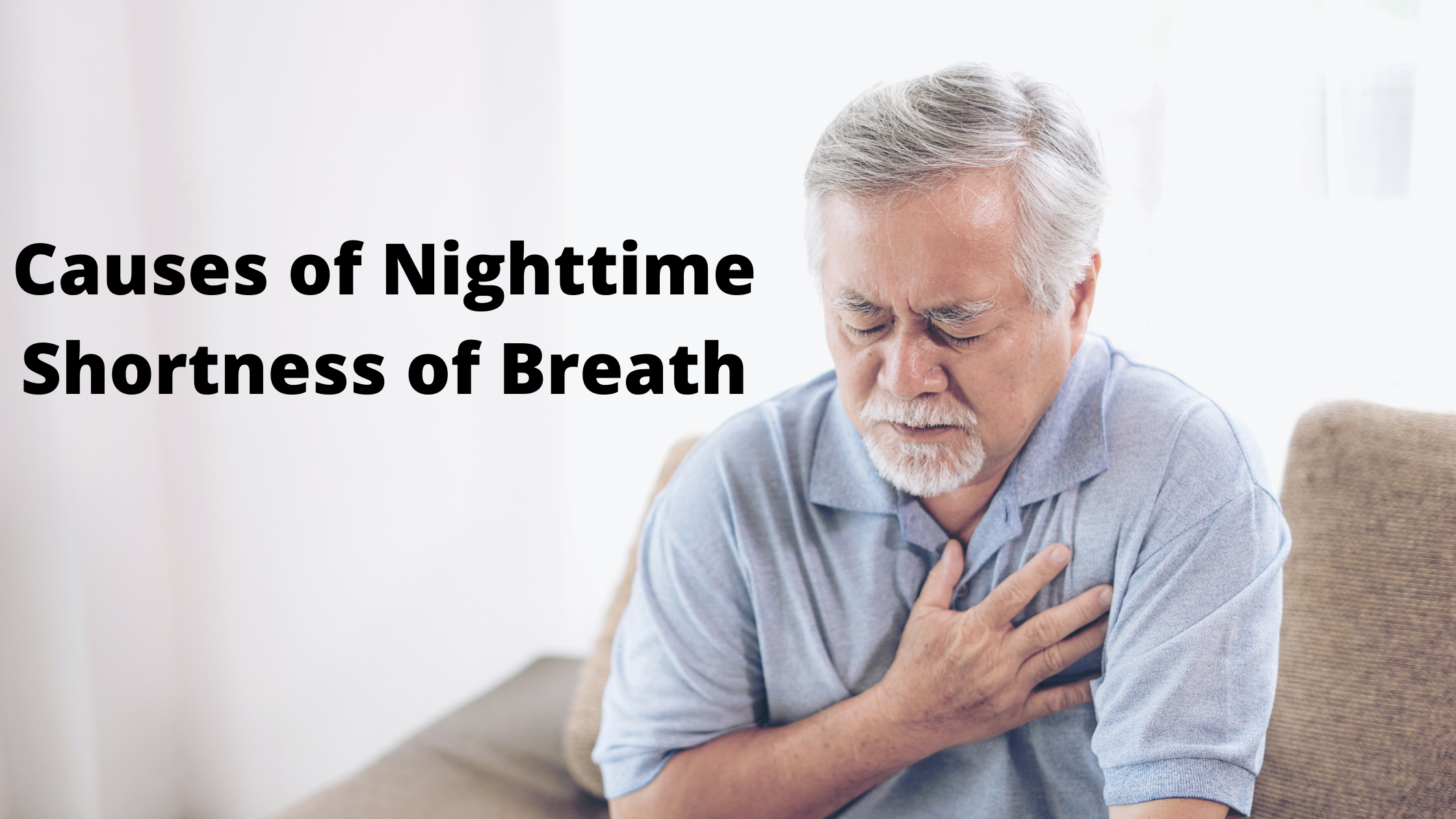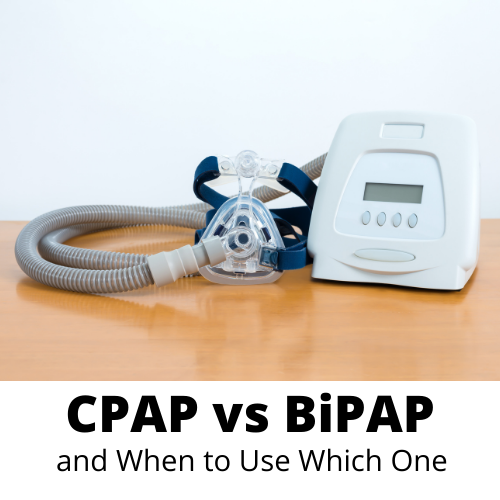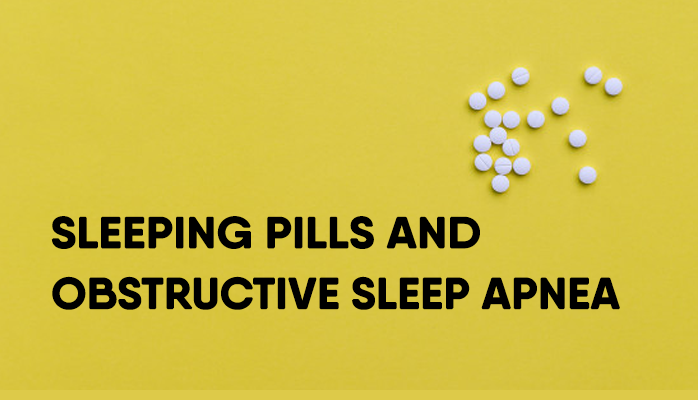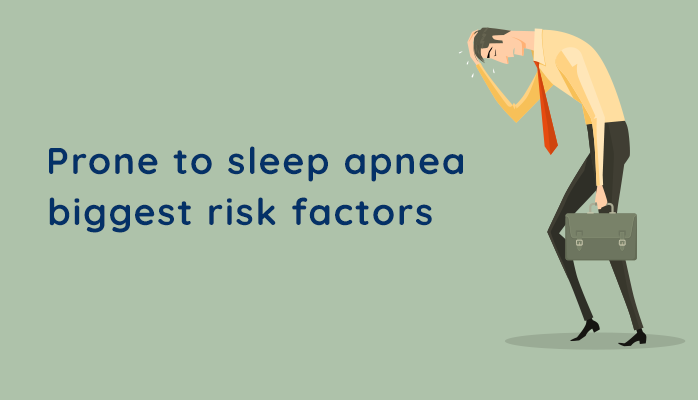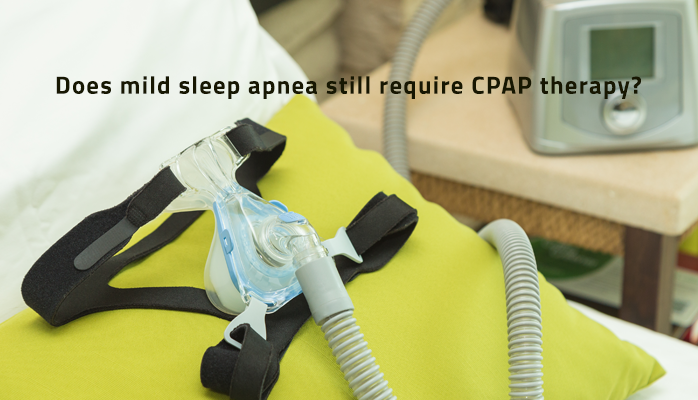Sleep apnea is a sleep disorder that impacts your ability to breathe during the night. Although discussed as a part of adult health, children could also be at risk for sleep apnea. It's important that you recognize if your child has sleep apnea and get them the proper help as proper oxygenation and quality sleep is important for their growth and development.
Sleep Disorders Related to Severe COVID-19 Outcomes
COVID-19 can present with varying levels of severity for anyone who contracts the virus. It is a respiratory virus that affects the lungs' ability to properly oxygenate the body. Some patients have no to mild symptoms while others have very severe symptoms that require respiratory assistance. Certain sleep disorders may be related to severe COVID-19, so it's important to know what these diseases are and how they can affect your prognosis.
Asthma and COPD are both obstructive diseases that make it difficult for lungs to completely get rid of all the air in them. Asthma is more common in younger patients and is reversible through treatment with drugs like albuterol and terbutaline. COPD is not reversible and is more evident in older patients, especially those with a history of smoking. It's important to know the difference between these two diseases, as well as the impact they can have on your sleep. Continue reading to find out more about sleep problems in these individuals.
Sleep apnea is a sleeping disorder that consists of many pauses in breathing throughout the night. This pause can lead to several sleep disturbances as your body has to wake up again to resume breathing. Sleep apnea is more than a sleep disturbance, however. It can have tremendous health effects on a variety of systems, including cardiovascular health. Continue reading to find out more about this relationship and what you can do.
Sleep disorders have one thing in common, they interrupt sleep. Therefore, it's important that if you have a sleep disorder, you find the problem before the accumulation of interrupted sleep leads to chronic sleep deprivation. Sleep deprivation is more than just being tired. It can negatively impact several organ systems, including your heart. Heart disease is the number one cause of death worldwide, so it's important to do everything possible to maintain its health - including getting enough sleep. Continue reading to find out how common sleeping disorders can lead to cardiovascular disease!
Experiencing shortness of breath, also known as dyspnea, is a cause for concern on its own. However, when it occurs at night, it may indicate a more serious underlying issue. Typically, during sleep, you shouldn't feel out of breath because your body is at rest. Therefore, if you find yourself breathless during the night, it could be a sign that something is amiss. Keep reading to discover the potential causes of nighttime shortness of breath.
Positive airway pressure (PAP) is one of the most common treatments for sleep apnea. Sleep apnea is a breathing disorder that affects 3 to 7% of the population. Positive airway pressure is a way to offset the breathing difficulties that these patients have throughout the night. Two types of machines can assist with sleep apnea treatments. One is called a CPAP, and the other is called a BiPAP. We are going to talk about the difference between these two and which one to use in which situations.
What are sleep medications?
Sleeping medications are known as sedative hypnotics. They relax the mind and body in order to help promote sleep. They are prescribed to people who have trouble falling asleep, and/or staying asleep, such as in the case of insomniacs.
Sleeping medications can be:
- Pills like ambien, Klonopin, etc.
- Over the counter aids like Benadryl, Tylenol-PM, and Advil-PM
- Side effects of antihistamine, and antidepressants
For insomniacs they can feel like a lifeline, but they also come with hidden dangers. Most notable, they are not a reasonable solution for people with untreated obstructive sleep apnea. In the words of sleep specialist Dr. Thomas Winkler, “For my patients with untreated sleep apnea, I tell them [taking sleeping pills] is a bad idea.”
What is Sleep Apnea
Sleep apnea is a medical disorder where you repeatedly stop breathing throughout the night, anywhere from 40-100+ times per night. When you stop breathing you temporarily wake up to start breathing again. You are unaware of these arousals in the morning, so you will feel unrested, but be unsure why.
Does Mild Sleep Apnea Still Require CPAP Therapy?
What is Sleep Apnea?
Sleep apnea is a medical condition and sleeping disorder where you repeatedly stop breathing throughout the night, anywhere from 5 to 30+ times per hour. This can happen because of:
- (Obstructive Sleep Apnea) An obstruction, such as because of your throat muscles relaxing and collapsing your airway (you try to breathe but can’t)
- (Central Sleep Apnea) A neurological condition where your breathing mechanism “short circuits” (you don’t try to breath)
- (Complex Sleep Apnea) Both obstruction and “short circuits”
Obstructive sleep apnea is the most common form. Each time you stop breathing is considered an “apnea” or “apnea event”. Sleep apnea can be considered mild, moderate, or severe.

